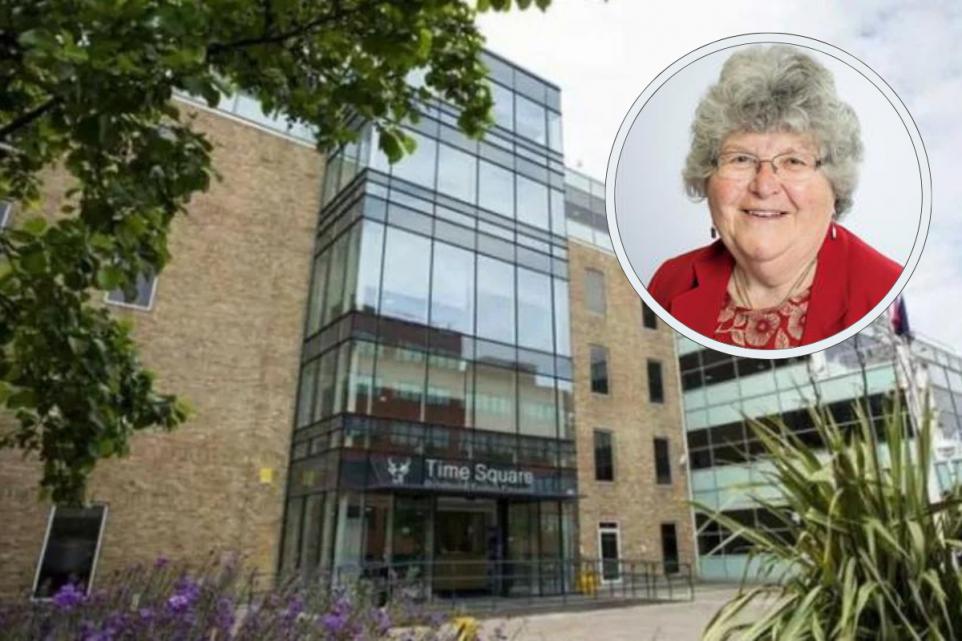From artisanal crepes to rebellious cheesecake waffles, Reading's breakfast rebels are transforming morning meals. These seven spots will revolutionize how you start your day.
The financial health of Bracknell Forest Council has come under scrutiny after a significant £1.25 million overspend was revealed. The leader of the council has expressed concerns that these monetary challenges will persist unless substantial intervention from the government is forthcoming.
Unveiling the Financial Strain

In recent statements, the leader of Bracknell Forest Council candidly addressed the local governing body's fiscal difficulties. The overspend, which amounts to £1.25 million, underscores the pressing need for a strategic reevaluation of the council's budgetary allocations and financial management practices. This revelation has sparked a wave of concern among residents and stakeholders who rely on the council's services.
Call for Government Action
The council leader did not mince words regarding the potential long-term implications of this financial predicament. Stressing that the "money woes at Bracknell Forest Council are never going to go away" without decisive action, it was emphasised that governmental support is crucial to reversing this trend. The leader's comments reflect a growing frustration with the current financial frameworks that local councils operate within, which many argue are insufficient to meet the demands of the community.
Impact on Local Services
The overspend could have far-reaching impacts on the provision of local services. Residents may face reductions in essential services ranging from waste collection to social care. The council leader highlighted the struggle to balance the quality of these services while grappling with budget constraints, and warned that without external financial assistance, difficult decisions may have to be made.
A Call for Transparency and Efficiency
To address these issues, the council leader has called for greater transparency and efficiency within the council's operations. This includes a thorough review of spending to identify areas where cost savings can be made without compromising service delivery. Furthermore, there is an appeal for enhanced communication with the public, ensuring that residents are informed about financial realities and the measures being taken to address them.
Conclusion
As Bracknell Forest Council navigates this challenging financial landscape, the call for governmental intervention remains paramount. Without substantial support, the council's ability to maintain and enhance the quality of life for its residents is at risk. It is a critical juncture that requires collaborative effort, transparent governance, and strategic planning to ensure sustainable financial health and continued service delivery for the community.